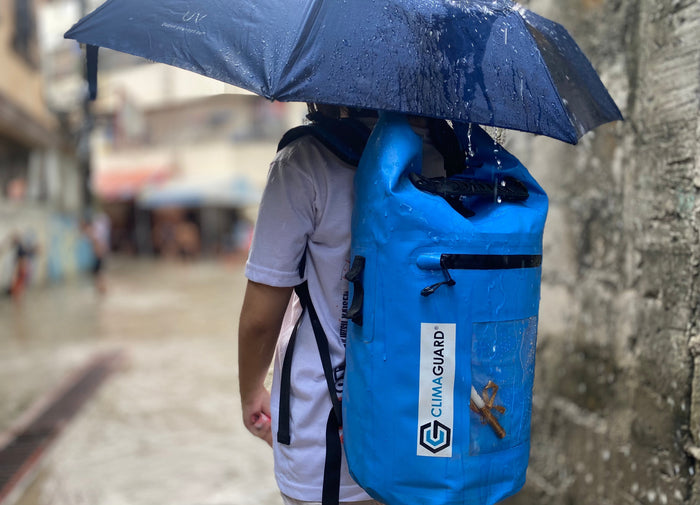Disaster Prevention: Protecting Lives, Property, and the Future

Disasters can strike without warning, but their impact doesn’t have to be devastating. Effective disaster prevention — including early warning systems, strong infrastructure, and community preparedness — can save lives and reduce damage. Learn how you can protect yourself, your property, and your community with practical, proven strategies for disaster prevention.



